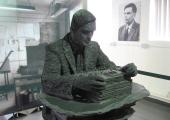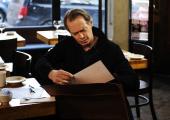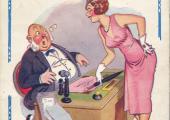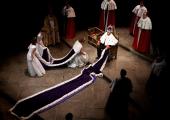Make Bradford British, Channel 4
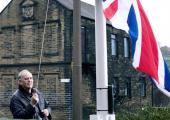
Is this experiment in multiracial integration just a TV gimmick?
It's a quintessential Channel 4 idea. Take one hot-button issue (racial integration, or lack of it), go to Bradford ("one of Britain's most segregated cities," according to the voiceover), and shove a racially mixed bunch of locals into a thinly-disguised Big Brother house to see how they'll get along. To stir the pot a bit more, the eight chosen "contestants" all failed the government's UK Citizenship test.


